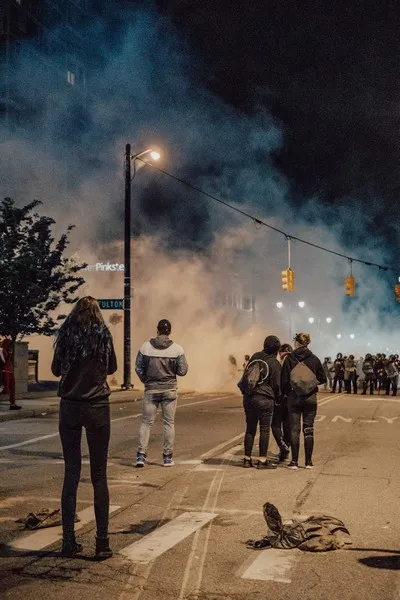
British Football Hooliganism and Class: An Outline and Explanation in Sociology
Football hooliganism in British society is a complex phenomenon influenced by social class. This blog post explores the historical context, class identity, group dynamics, perceived injustice, and resistance associated with football hooliganism. While class continues to play a role, other factors such as ethnicity, regional identity, and gender have also shaped hooligan behavior. Efforts to address and curb football hooliganism, including improved stadium security, stricter legislation, and educational campaigns, have contributed to its decline. However, ongoing research and vigilance are necessary to ensure that this behavior remains a thing of the past.








